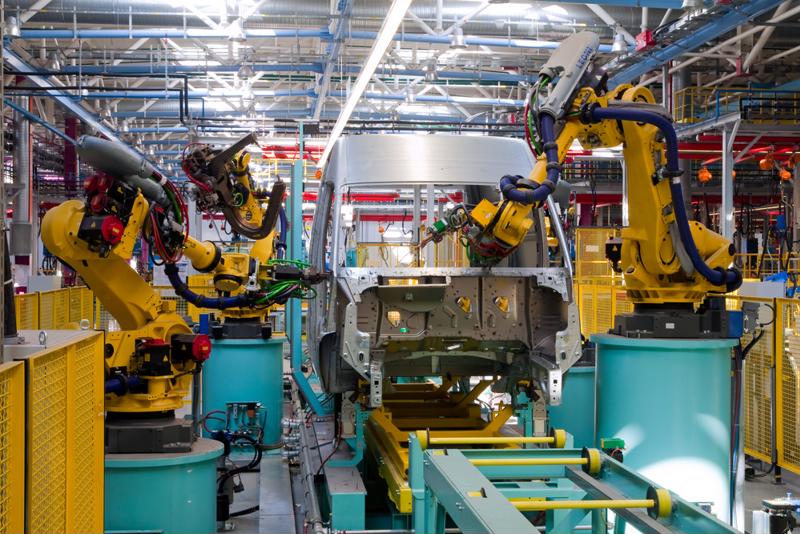VW Securities Class Action
A securities class action lawsuit has been filed against a car manufacturer following allegations that it failed to disclose it used illegal software to skirt certain auto regulations.
The class action suit against Volkswagen was filed in the U.S. District Court for the Eastern District of Virginia on behalf of investors who purchased stock in the company during the class period between Nov. 19, 2010 and Sept. 21, 2015, according to a press release. The class action filing claims that the failure to disclose the fact that the auto manufacturer was utilizing unlawful software misled investors, a violation of the Securities Exchange Act of 1934.
‘Defeat device’ cuts emissions during testing
VW and its subsidiaries manufacture and sell cars in Europe, North America, South America and the Asia-Pacific region. The German car company is the manufacturer of well-known vehicles such as the Beetle, the Passat and the Golf. It was recently caught up in a diesel emissions scandal when it was revealed that the company was installing illegal software into vehicles sold in America to cover up the true measure of its products’ emissions. The three aforementioned models were all found to have the application – which can detect when vehicles are being tested, and temporarily alter emissions – installed.
“VW failed to reveal its use of what is referred to as a ‘defeat device.'”
The class action suit alleges that VW officials failed to reveal that the manufacturer was using what is referred to as a “defeat device.” This sort of tool is used in diesel cars to allow them to cut emissions during testing, helping the vehicles to achieve better fuel economy ratings. When not being tested, these same cars’ emissions were much higher. This alleged trick allowed the manufacturer to market its diesel models to environmentally conscious consumers – a boon to its diesel car sales in the U.S. and a boost for profitability as well.
The rising profits led to VW’s preferred and ordinary American Depositary Receipts being traded at artificially inflated prices, the class action filing alleges. The car manufacturer’s ADRs traded at prices as high as $56.55 and $54.84, respectively, on Dec. 30, 2013, in part due to improved business prospects as a result of opportunities opened up to VW through its use of “defeat devices.”
VW ADR prices tumble after ‘defeat devices’ come to light
On Sept. 18, the Environmental Protection Agency issued a Notice of Violation, citing VW’s use of “defeat devices” in its automobiles. When the software wasn’t temporarily reducing emissions, they exceeded amounts allowed by federal and state clean air regulations. The BBC noted that vehicles with engines rigged with the software emitted 40 times more nitrogen oxide pollutants than allowed by law. Following the EPA issuance a news report was released noting that VW had admitted to using the “defeat devices,” and that the car manufacturer could be subject to as much as $18 billion in fines following a Department of Justice investigation.

Michael Horn, president and CEO of VW America, stated that the company had “totally screwed up” and acknowledged a loss of trust between the company and its consumers and the public, as a result of the undisclosed use of “defeat devices,” according to the BBC.
Following this revelation the price of VW’s ordinary ADRs dropped more than 33 percent to close at $25.44 per share on Sept. 22. The car manufacturer’s preferred ADRs closed at $23.98 per share on Sept. 22. The drops resulted in millions of dollars in losses for individuals who invested in VW during the class period.
For more information on this case or other class action litigations, please contact Kevin Doyle at 203-987-4949 or info@battea.com.
VW Securities Class Action
